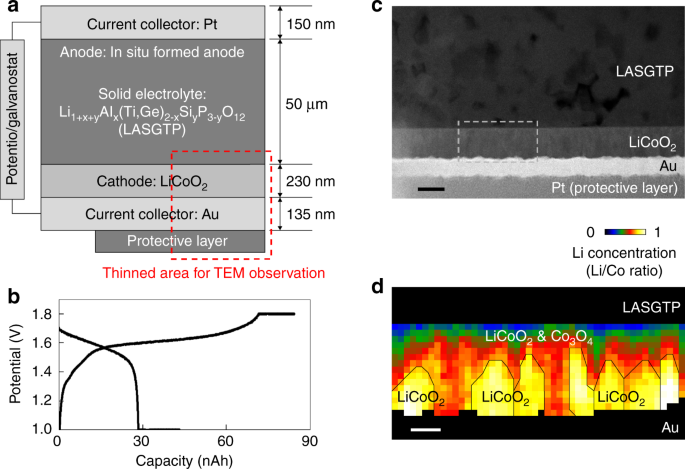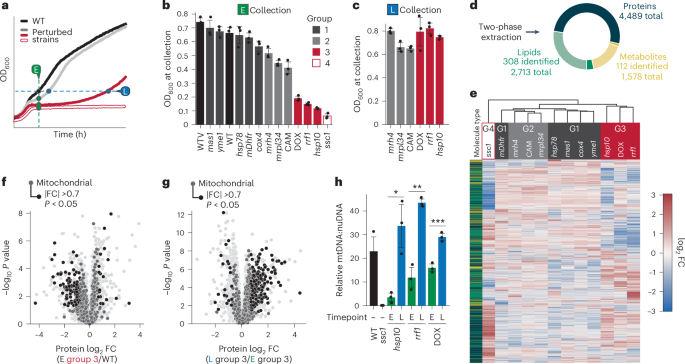- Select a language for the TTS:
- UK English Female
- UK English Male
- US English Female
- US English Male
- Australian Female
- Australian Male
- Language selected: (auto detect) - EN
Play all audios:
Researchers have isolated a natural compound from horse chestnut seeds that stops the death of neurons in the brains of mice with Parkinson's disease. This compound could potentially be
used to develop therapies for Parkinson's disease1. Parkinson's disease is a progressive disorder of the nervous system that affects movement. It begins when certain neurons in
the brain produce insufficient amounts of a brain chemical called dopamine. This deficiency leads to trembling and stiffness in the hands, arms, jaw and face. Although surgery and deep brain
stimulation can help severe cases, there is currently no cure for Parkinson's disease. To find an effective treatment for Parkinson's disease, the researchers isolated escin, a
complex organic compound, from the extract of horse chestnut seed. They then probed the efficacy of this compound to protect decaying nerve cells in a mouse model of Parkinson's
disease. Dopamine levels are depleted in mice with Parkinson's disease, and there is diminished expression of certain enzymes and immune proteins in the brain. These changes result in
impaired behaviour patterns. Oral treatment of the horse chestnut compound significantly reduced these behavioural and physiological effects. The compound reduced the depletion dopamine
markers and increased the expression of immune proteins. The compound from horse chestnut provides protection against Parkinson's disease in mice through its antioxidant and
anti-inflammatory properties.






